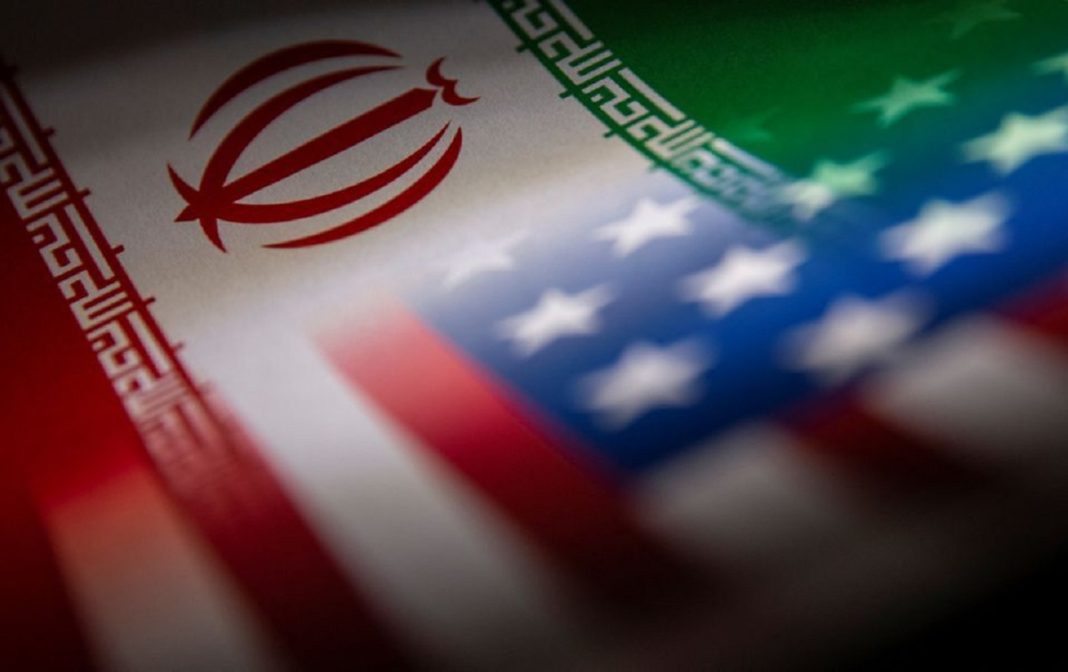Falahatpisheh emphasized the mutual interest for Tehran and Washington to return to the negotiation table in Muscat to avoid the perilous prospect of war within the next one or two years.
He warned that the current trajectory, if sustained, could lead to dangerous war conditions.
The international relations professor highlighted the potential for Iran to maneuver in the event of conflict, stating that war would not solely be under American control.
The former lawmaker suggested that recent regional developments, including the U.S. attack on Yemen and the assassination of resistance leaders, are indicative of rising tensions.
Expressing concern over the situation, Falahatpisheh asserted that the Omani table offers a practical solution after numerous unsuccessful visits by American officials to the region.
He attributed the escalating tension to the U.S.’s obstruction of Iran’s access to 6 billion dollars, accusing it of breaking commitments and playing into the hands of the Israeli regime and Zionist extremists.
